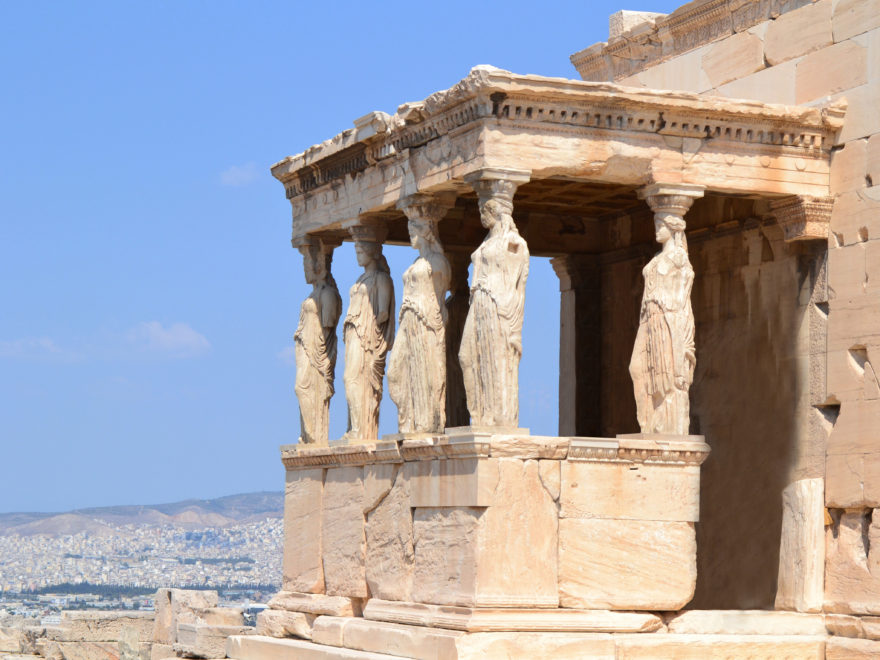Author: Jason Barney
-

The Flow of Thought, Part 6: Becoming Amateur Historians
I’ve never been one for journaling. It’s not for lack of trying or admiration for the idea behind the practice. But keeping a journal and writing down my thoughts about myself or what I experienced that day just never caught on for me. I was almost tempted to say that it would have felt too…
-

20 of the Most Memorable Maxims from 2019 Educational Renaissance
The end of the year is a good time to take stock and review how far we’ve come. These last few days I’ve been doing this, both for myself through rereading my bullet journals, but also for Educational Renaissance by rereading all the old articles of 2019 in search of gems of wisdom. Along the…
-

Marketing, Manipulations and True Classroom Leadership
Earlier this fall I finished reading Simon Sinek’s Start with Why: How Great Leaders Inspire Everyone to Take Action. Besides being inspired and challenged in my own leadership, I was deeply taken with his vision for effective marketing or branding: the idea that starting with why the organization exists is the most effective way to…
-

The Flow of Thought, Part 5: The Play of Words
“Words, words, words.” Such was the enigmatic reply of Hamlet to Polonius’ question, “What do you read, my lord?” And as always, Hamlet’s feigned madness displays the ironical insight of a verbal sense of humor. After all, what is anyone reading these days, but merely words, words, and more words? Of course, Polonius interprets this…
-

The Flow of Thought, Part 4: The Seven Liberal Arts as Mental Games
There’s a lot of talk these days about the war between STEM and the liberal arts (which we are meant to understand as the humanities generally). Often this gets posed as a trade-off between a utilitarian education—training our future engineers, scientists and programmers—vs. a soft education in human skills and cultural awareness. Given the hype…
-

Attention, Then and Now: The Science of Focus Before and After Charlotte Mason’s Time
The importance of attention for education is almost proverbial. Who has not seen the stereotype of a student staring out the window, while the teacher drones on? Movies and TV shows are filled with it. Everybody knows that a wandering attention and a lack of interest hamper a student’s learning. But we haven’t always paid…
-

The Flow of Thought, Part 3: Narration as Flow
It’s been a little while since my last article on the flow of thought, or how Mihayli Csikszentmihalyi’s concept of flow can support the philosophy of classical education. In the meantime, I’ve shared an early version of my eBook on implementing Charlotte Mason’s practice of narration in the classroom (see our new Narration page for…
-

Training in the Arts vs. Teaching Sciences
I have previously written on the classical distinction between an ‘art’ and a ‘science’, but I recently discovered some interesting confirmations of it in Plato and John Milton Gregory (two otherwise widely divergent figures in the history of education). In particular, the chief take-away for teachers is a clearer awareness of when you are focused…
-

The Flow of Thought, Part 2: The Joy of Memory
In my last article “The Flow of Thought, Part 1: Training the Attention for Happiness’ Sake” I drew a connection between Aristotle’s view that happiness is the chief goal of education and the findings of modern positive psychology. In Mihaly Csikszentmihalyi’s Flow: The Psychology of Optimal Experience, he reports his findings that people report being most…
-

The Flow of Thought, Part 1: Training the Attention for Happiness’ Sake
It may seem strange to look to modern psychology for support of classical education. After all, it’s the vagaries of modern thought that have got us into this educational trouble in the first place. The abandonment of tradition, the scientism and revolutionary overhaul of religion have all taken their toll on the proper training of…
